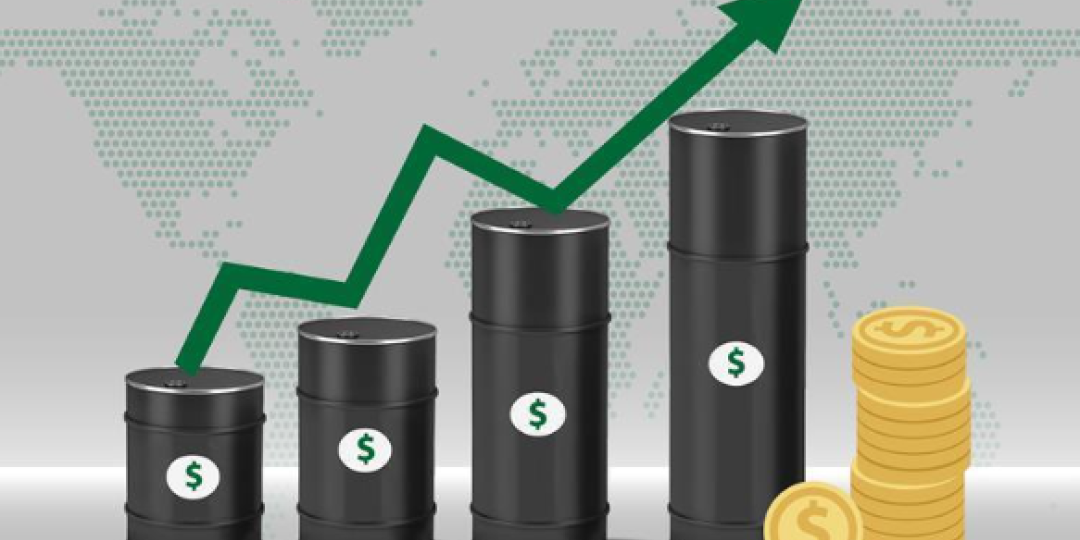Fuel prices could rise further over the medium term after oil-producing countries said they would extend their voluntary oil production cuts until December 2023.
Rystad Energy senior vice president Jorge Leon said in an advisory on the oil market on Tuesday that global oil prices are expected to spike, impacting international fuel prices.
“Saudi Arabia announced earlier today that they will extend the one million barrel per day (bpd) voluntary cuts until December 2023,” Leon said
“This is a clear indication that oil prices trump volumes for the kingdom.
“Russia also announced the extension of its voluntary export cuts of 300 000 bpd until the end of the year. These bullish moves significantly tighten the global oil market and can only result in one thing – higher oil prices worldwide.”
Leon said the decisions surprised oil markets, and prices reacted strongly and suddenly following the announcements.
“ICE (Intercontinental Exchange) Brent front month jumped from $88.5 per barrel to over $90.5 per barrel, the highest price since November 2022.
“We are now predicting global liquids demand will surpass supply by around 2.7 million bpd in the further quarter of this year,” Leon said.
“The big question is, are the Saudis worried about global demand in the final quarter of 2023, particularly in China so that they need to take pre-empted measures?
“Chinese macroeconomic sentiment is a potential downside risk, but our latest mobility indicators do not show an imminent deceleration that could justify such a move by Saudi Arabia.”
He said the impact that the latest cuts will have on inflation and economic policy in the West is hard to predict, but higher oil prices will only increase the likelihood of more fiscal tightening – especially in the US – to curtail inflation.
“Western leaders, wary of an oil price spike, could explore import adjustments or open diplomatic discussions to help mitigate the impact and tame inflation,” Leon said.













